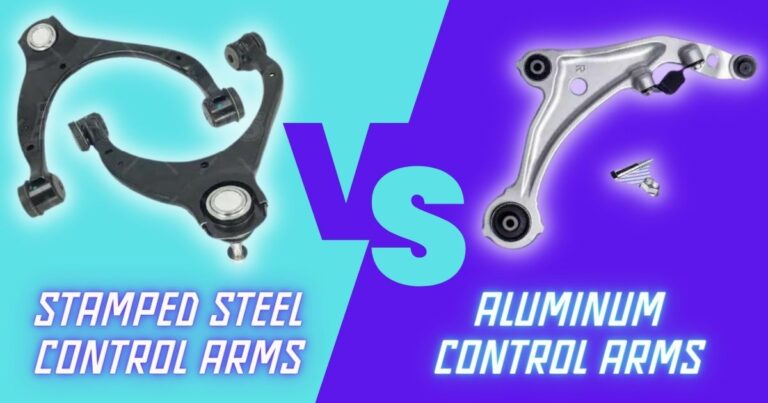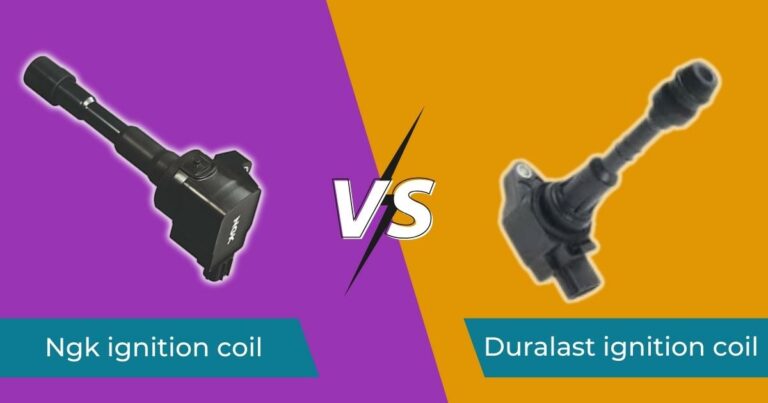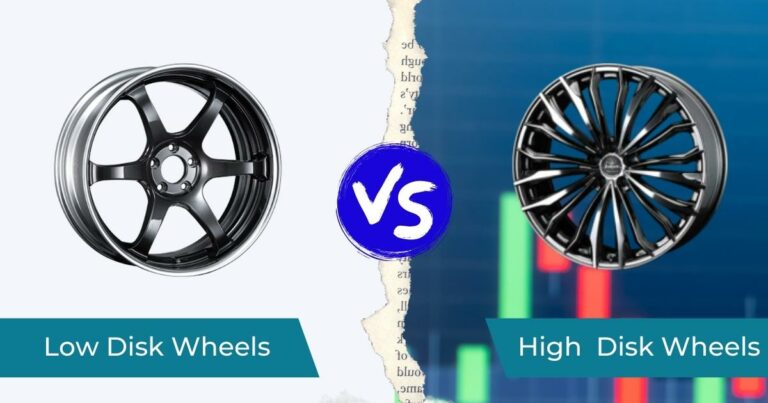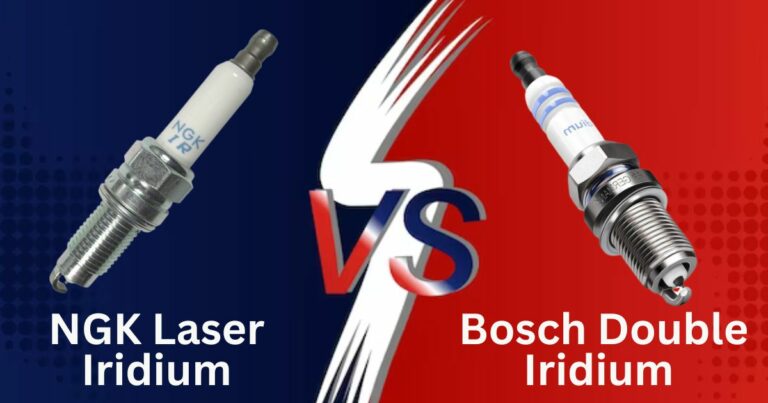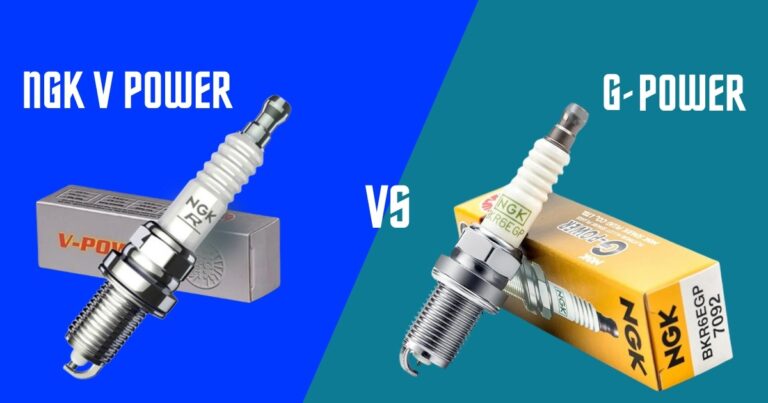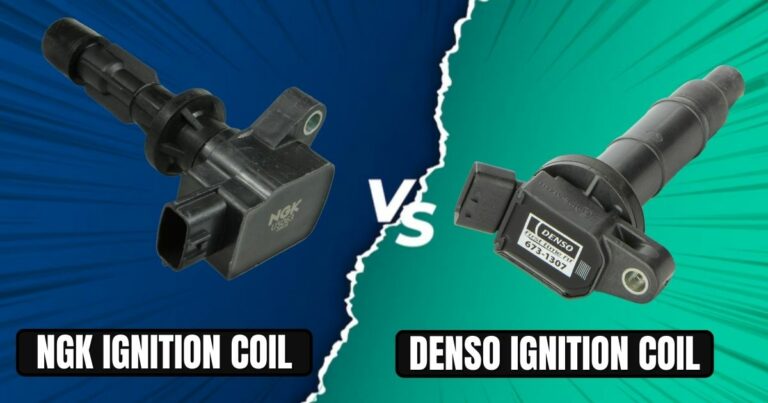Single Port vs Dual Port VW Engine | Which is Best For Me?
Volkswagen has a rich history when it comes to its internal combustion engines. One of the key decisions that Volkswagen enthusiasts and owners often grapple with is the choice between a single port vs dual port engine.
These specifications refer to the design of the engine’s intake system, which plays a crucial role in the engine’s performance and characteristics. In this discussion, we’ll explore the differences between a single port and dual port VW engine and how each choice affects driving experience and vehicle maintenance.
VW Single Port vs Dual Port
| Single Port VW Engine | Dual Port VW Engine | |
| Intake Design | One intake port per cylinder | Two intake ports per cylinder |
| Power Output | Lower power output, especially at higher RPMs | Balanced power delivery, which results in improved performance |
| Fuel Efficiency | Generally, less fuel-efficient due to a less optimized air-fuel mixture | Better fuel efficiency with a balanced mixture |
| Emissions | Generally higher emissions and environmental impact | Lower emissions, which reduces environmental impact |
| Driving Experience | May exhibit some vibration and roughness | Smoother operation with better cylinder filling |
| Maintenance | It has limited parts availability, plus it requires more specialized care | Easier to find parts and standard maintenance |
| Application | Suited for those seeking a classic or vintage VW experience | Ideal for those looking for modern performance and efficiency |
At first glance, single port and dual port VW engines may appear quite similar. A lot of motorists get confused when it comes to the two engine types, and they often use terms interchangeably. These engines share similarities in size and are both utilized in VW vehicles. However, when it comes to their functionality and performance, there is a significant difference between single port and dual port VW engines.
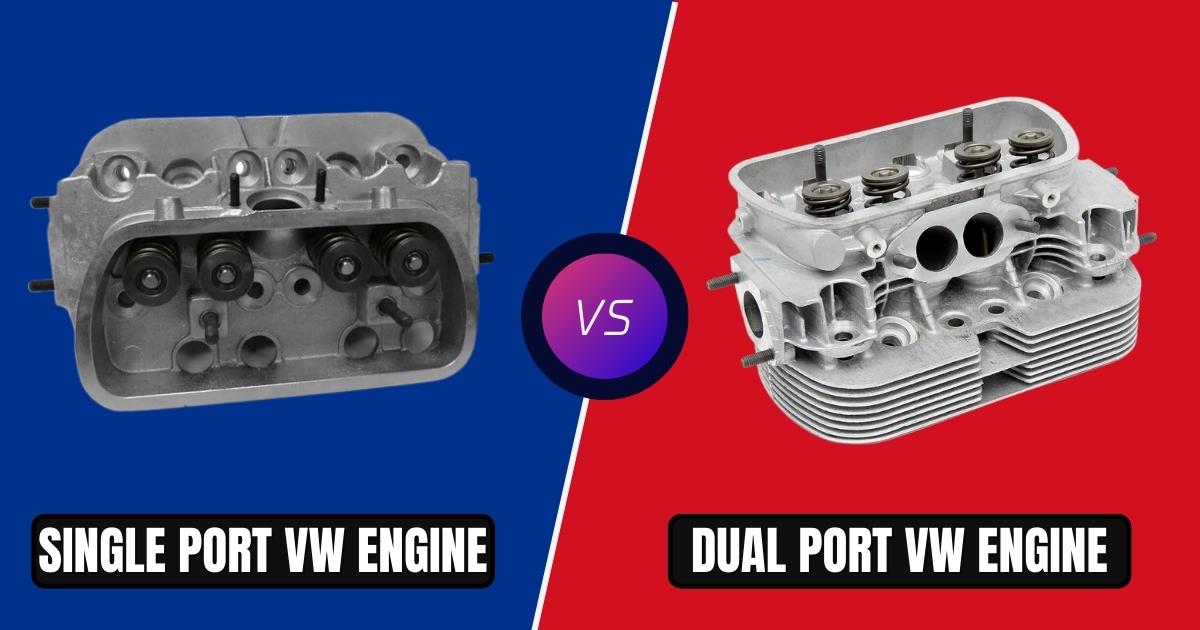
What is a Single Port VW Engine?
A single port VW engine is a distinctive type of internal combustion engine that is commonly found in older Volkswagen vehicles. As the name suggests, this engine type utilizes one intake port for each cylinder. This means that air and fuel enter the engine through a single opening for each cylinder.
Single port engines are known for their simple design. They also come with few parts and components, which makes them relatively easy to work on and maintain. Single port engines are a preferred choice for DIY enthusiasts and those who enjoy hands-on maintenance. The engines are often associated with vintage VW models, such as the classic VW Beetle and Bus.
While single port engines have their merits, they are generally considered to offer lower power output, especially at higher RPMs. As a result, they may not be suitable for high-performance applications or those seeking high-spirited driving experiences.
Single port engines are often less fuel-efficient compared to modern dual port designs. This can be attributed to the less optimized air-fuel mixture, which translates to lower miles per gallon. These engines may also have higher emissions and greater environmental impact due to their older technology and less efficient design.
Finding replacement parts and components for single port VW engines can be challenging, as they are less common in modern VW vehicles. As such, enthusiasts often need to source vintage or specialized parts for maintenance and repairs.
Advantages
- Simple and straightforward design
- Lower initial cost
- Fewer components contribute to long-term reliability
- Appeals to classic VW enthusiasts
Disadvantages
- Lower performance
- Reduced fuel efficiency
- Limited replacement parts availability
What is a Dual Port VW Engine?
A dual port VW engine is a design used in Volkswagen engines that features two separate intake ports for each cylinder. This design allows for a more balanced and efficient distribution of air and fuel to each cylinder, thereby resulting in improved performance and fuel economy.
Dual port VW engines are engineered to deliver superior performance compared to their single port counterparts. The balanced air-fuel mixture, combined with modern engine technology, allows for increased power output and smoother acceleration.
Dual port engines are often more economical in terms of fuel consumption and environmental impact. This can be attributed to the efficient intake system, along with advancements in fuel injection and engine management technology.
The efficiency and performance of dual port engines have made them a standard in many modern VW vehicles. This engine is commonly featured in popular models such as the VW Golf, Jetta, Passat, among others.
Advantages
- Efficient air intake resulting in improved performance
- Improved fuel efficiency
- Superior power output
- Smoother operation
- Lower environmental impact
Disadvantages
- Comes in an intricate design, which can lead to increased maintenance complexity
- These engines come at a higher initial purchase price due to their advanced technology
Single Port or Dual Port – Which one is best?
When considering a single port vs dual port VW engine, it’s important to think about the potential for future upgrades. Dual port engines are often compatible with modern performance enhancements and tuning options. So, if you plan to customize your VW for increased power, a dual port engine may provide more flexibility for these modifications.
The choice between the two engine configurations is also influenced by your desired driving experience. If you prioritize factors like fuel efficiency, smooth acceleration, and a responsive driving experience, a dual port engine is likely the more suitable option. This engine is designed to offer better fuel economy and performance characteristics, which makes it ideal for daily commuting and modern driving demands.
On the other hand, if you value the unique character, distinctive sound, and nostalgic ambiance of a vintage VW experience, you may lean towards a single port engine. Single port engines are often associated with classic VW models and can evoke a sense of nostalgia and authenticity, which some motorists find appealing.
The engine type can also influence the resale value of your VW vehicle. Dual port engines are often modern and more efficient, which might, in turn, make your vehicle more attractive to potential buyers. On the other hand, single port engines, while appealing to enthusiasts, may have a more limited market.
Also Read: High Disk vs Low Disk Wheels | What’s the Difference?
Depending on your location, there may be emissions or regulatory requirements that impact your choice of engine type. Dual port engines are typically more environmentally friendly due to their better emissions performance. As such, going for a dual port engine can help you meet stringent emissions standards and reduce your vehicle’s environmental impact.
Frequently Asked Questions
Is a dual port better than a single port?
In many cases, a dual intake system is considered superior to a single intake system as it offers a more balanced air-fuel mixture. This results in enhanced engine performance and efficiency, particularly in modern and high-performance applications. However, the simplicity of a single intake engine makes it a preferred option in most classic and vintage vehicle applications. As such, the choice depends on the specific application requirements.
How do I know if my VW engine is dual port?
Identifying a dual port VW engine is often straightforward. The engine is characterized by dual port end castings, which are typically attached to the intake manifold using black or red rubber boots. In addition, the dual intake ports and studs are offset at a slight angle. That said, you can check your vehicle’s model and year to confirm the engine configuration.
Can I convert a single port VW engine to a dual port?
Yes. It is possible to convert single port VW engine into dual port configuration. As such, it is not uncommon to find older engine models with a dual port. This practice is especially common when you are unable to find replacement single port heads. Often, the process involves replacing intake manifolds and end castings, as well as fine-tuning the engine to accommodate the dual port setup.
The Bottom Line
The cost difference between a single port and dual port engine is probably one of the reasons that can sway one’s choice toward a single port engine. However, the additional cost of a dual port engine is often justified by its improved performance and fuel efficiency, which leads to long-term savings in fuel costs and maintenance. Therefore, the decision should not solely revolve around cost but also take into account your driving goals, maintenance preferences, and the overall experience you want from your VW vehicle.

